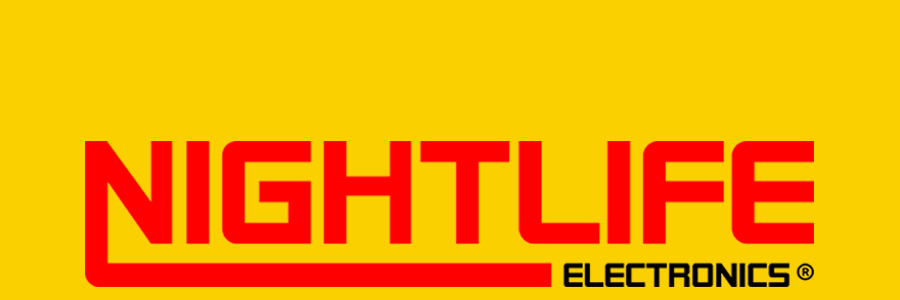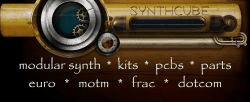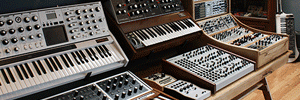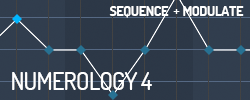 flickr by heckadecimal
flickr by heckadecimal

Wednesday, April 30, 2008
RIP Albert Hofmann
 A synthesist of other sorts. You can find a nice write-up here . Some claim his "gift" influenced the early Buchla and MOOG days. I'm sure it influenced more than a number of synth compositions.
A synthesist of other sorts. You can find a nice write-up here . Some claim his "gift" influenced the early Buchla and MOOG days. I'm sure it influenced more than a number of synth compositions.via Rick
Descubrimiento del Sintetizador Moog. Walter Carlos
YouTube via sergiourraca
"La Historia del descubrimiento del sintetizador..."
DX5 playing Alphaville Big in Japan
YouTube via DX5.
"New cover. Just a "quick done" backtape and some sounds that remind the song. It is not perfect, but I spent a nice time recording. New covers coming soon.
Low Keyb: Roland JP8000
Mid: Roland D10
Top: Roland JX8P"
Korg Mono/Poly MP-4
Anyone know more about the overlay pictured below? What does the text on the top of it say?
Update via Dan: "if i recall correctly, at the top are a few tutorials on how to design different sounds. i think i found a scanned copy of this at synthesized dreams and nightmares or zen monopoly."
Stamba's Live Act @ Deviant Machine (BT59-Bordeaux-FRANCE)
 You can find more images via Stamba on the forum.
You can find more images via Stamba on the forum."Here is the recording of my live act: [link1] and [link2]. About 45min and 192kbps
Gears used :
Roland TB-303
Roland TR-505
Clavia Nord Modular
Elektron Machine Drum
MFB Synth Lite II
MFB 503
MAM MAP1
AKAI MPC500
BOSS SE-50
X-FADE LVP110
Pioneer DJM-400
Mackie 1604VLZ
http://www.stamba.fr"
YAMAHA CS-10
YouTube via elfferichfour
"Can't live without him ; my YAMAHA CS-10. Best bass sounds I have ever heard. Never let me down. listen( download for free) to 5 albums ( only analog synthesizers) at www.wmrecordings.com."
PT-20 by S-CAT
YouTube via PHONICPOTION. "CIRCUIT BENT CASIO PT-20 WITH 12 MODIFICATIONS"
TYU-40 by S-CAT
"CIRCUIT BENY YAMAHA TYU-40 WITH 2 SWITCHABLE MODIFICATIONS"
BTW, for coverage of this year's NYC Circuit Bending Festival, NYC Bent Fest 2008, check out GetLoFi
Alesis Ion easy synth-ing 3: some osc sounds
YouTube via se7ense7
"I tried to make a decent video with some good sounding clean osc sounds of the Alesis Ion synthesizer. The Windows Movie maker f*cked up the sounds in the louder parts (some wind-like sound has sneaked in for no reason). But it's still quite decent.
People always ask how the sawtooth sounds, in relation to other synths. Now you can compare for yourself.
Feel free to add comments, requests, ...
I'm not the synth god, so I do not pretend to know it all.
Pz
ARD"
EML-101 Multimode VCF Schematic
 via Aaron on the sdiy list:
via Aaron on the sdiy list:"One project idea that I tossed out to my students, which one student is trying to get work, is to use the idea of an NPN differential amp driving a "differential integrator" to build a 1-pole LPF, which you could then do four times to get a usual 4-pole LPF.
I got the idea from the EML-101 filter schematic [mirror], as expertly redrawn by Marjan Urekar:
The EML-101 is a state variable filter, and said diff amp/diff integrator configurations form the variable gain integrators.
My thought was that we could take the output of such an integrator, and feed it into the opposite input terminal of the diff pair, and that feedback should form a 1-pole LPF, as follows:
The NPN pair driving the differential integrator forms a variable gain integrator with transfer function A/RCs, where A is the voltage gain of the diff pair and R and C are the resistor values used in the integrator. Let's denote wo = A/RC. Now imagine we take the output of this integrator and feed it back into the input with a minus sign. You get something like this:
Y(s) = (wo/s) [X(s) - Y(s)]
Y(s)[1 + wo/s] = (wo/s) X(s)
Y(s)/X(s) = (wo/s) / (1+wo/s) = wo/(s+wo)
Which is the transfer function of a single-pole LPF with cutoff wo with unity gain at DC. (This is the same idea as a usual OTA-C filter 1-pole LPF).
Three questions:
1) I sent my student, Justin, this sketch to get him started, where I just blindly ganked the resistor and cap values from the EML circuit.
Anyway, I just realized I drew that wrong - the EML integrating stage is _inverting_, so we should actually either:
A) Swap the inputs on the differential integrator, to make a noninverting stage, or
B) Take the feedback to the left NPN instead of the right NPN
Does (A) or (B) sound like the safer option?
2) Given the way the "differential integrator" is going to load the differential amp, should I even be thinking of this as a differential amp followed by a differential integrator? Or are they interacting so much such thinking breaks down?
3) Does this whole crazy idea of mine sound like a decent idea at all or is it doomed to insanity?
- Aaron
P.S. This got me wondering if there's an "integrating version" of the standard 3-op-amp instrumentation amplifier? A differential integrator with high input impedance, but something more elegant than just slapping noninverting op amp buffers at the inputs to the above differential integrator?
http://en.wikipedia.org/wiki/Image:Opampinstrumentation.svg"
SCSI for Samplers - Flash Drive for Your Sampler
 "Do you need a better storage method for your data than the unreliable zip drive or the slow floppy drive? Card Reader drives are the new state-of-the-art storage solution - stop worrying about when your zip drive will fail or how many boxes of floppy disks you will need to save your latest sample. Now you can have as much reliable storage space as you need with inexpensive Compact Flash cards.
"Do you need a better storage method for your data than the unreliable zip drive or the slow floppy drive? Card Reader drives are the new state-of-the-art storage solution - stop worrying about when your zip drive will fail or how many boxes of floppy disks you will need to save your latest sample. Now you can have as much reliable storage space as you need with inexpensive Compact Flash cards.The MCDISK-2 is a solid-state Media Card drive that has no moving parts and makes no noise during operation. It comes in a small beige case that is 8.5" x 6.75" x 2.25" and can be used in any orientation, flat or on its side. It is very sturdy and solid, equally at home on the road or in the studio. This case has a fan in it but we ship the drive with this fan disabled in order to keep the unit completely noise-free. The fan is not needed in this configuration because the internal MCDISK drive puts out no heat at all and the internal power supply puts out only a very small amount. The case stays cool internally from natural air flow.
The MCDISK-2 has one PCMCIA slot which enables you to use Compact Flash or Smart Media cards for storage (with the correct PCMCIA adapter). We sell the PCMCIA-to-CF adapters in our Package deals or separately (see Related Products below)."
click here followed by Card Reader Drives for more info. They also have standard CDROM Drives, SCSI Cables, External Hard Drives, Rack Enclosures, and SCSI Hard Drives.
via Giles: "I've just got hold of a SCSI flash drive from http://www.scsiforsamplers.com/ - the "news" part is until recently these flash drives were an unknown/untested alternative to hard drives for many of these old samplers like my Ensoniq EPS16+. This place has done some really good compatibility testing and JD from there provides sterling service. Anyone with a vintage sampler or considering getting one can bring these classics into the the present with these drives, they're a hell of a lot better than ratty old SCSI hard drives"
PREVIOUS PAGE
NEXT PAGE
HOME




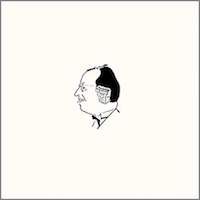
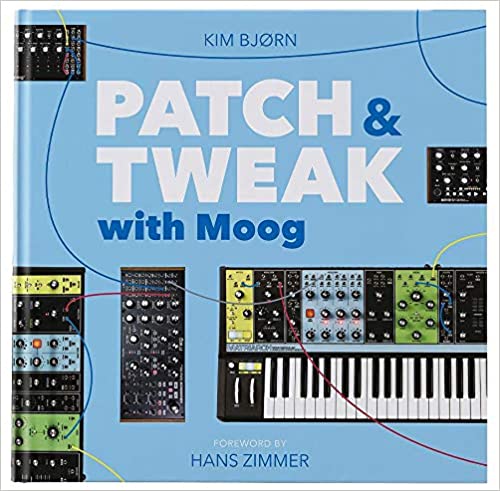






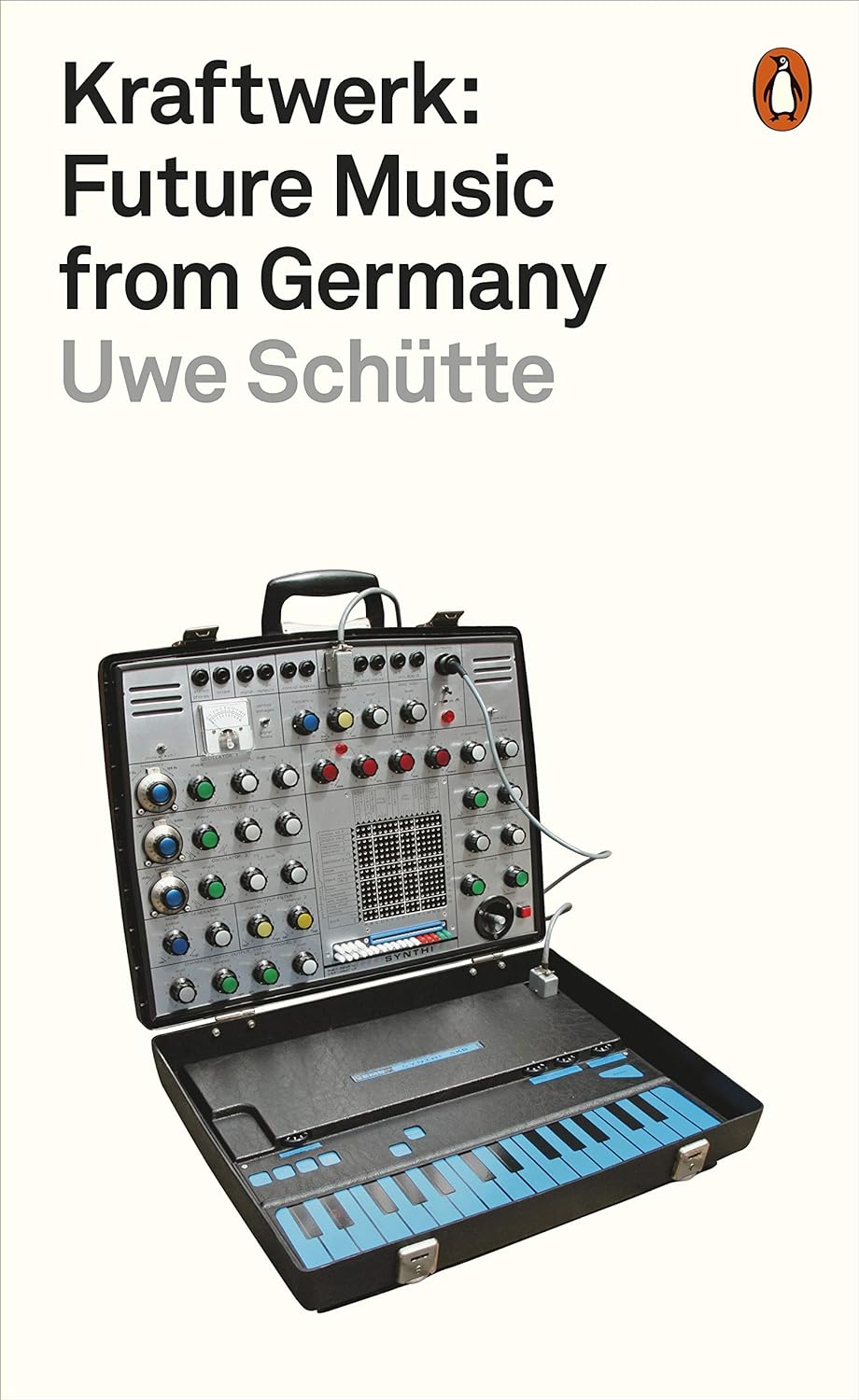
© Matrixsynth - All posts are presented here for informative, historical and educative purposes as applicable within fair use.
MATRIXSYNTH is supported by affiliate links that use cookies to track clickthroughs and sales. See the privacy policy for details.
MATRIXSYNTH - EVERYTHING SYNTH













© Matrixsynth - All posts are presented here for informative, historical and educative purposes as applicable within fair use.
MATRIXSYNTH is supported by affiliate links that use cookies to track clickthroughs and sales. See the privacy policy for details.
MATRIXSYNTH - EVERYTHING SYNTH













